Microbiologist Petya Orozova: Antarctic Marine Ecosystem Easily Susceptible to Negative Changes By Human Activity
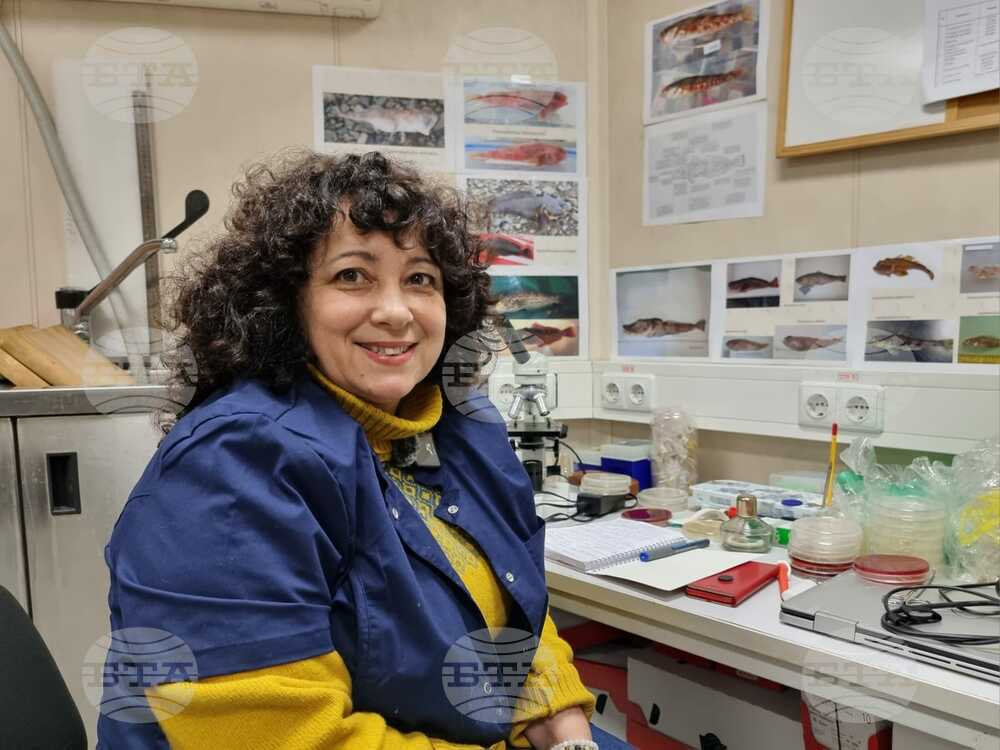
Microbiologist Petya Orozova: Antarctic Marine Ecosystem Easily Susceptible to Negative Changes By Human Activity
09.03.2023
The Antarctic marine ecosystem is easily susceptible to negative changes caused by human activity. The growing human presence in Antarctica poses a risk of introduction of invasive organisms and human pathogenic bacteria, said the head of National Reference Laboratory for diseases on fishes, marine molluscs and crustaceans (NRL) to the National Diagnostic Research Veterinary-Medical Institute within the Bulgarian Agency for Food Safety and a participant in the 31st Bulgarian Antarctic expedition microbiologist Assoc. Prof. Petya Orozova. Her project aims to study the species diversity of Antarctic fish and bacterial communities in the waters near the coast of the Bulgarian polar base "St. Kliment Ohridski" on Livingstone Island.
BTA Photo: Konstantin Karagyozov
news.anonymous.signup
news.anonymous.login
The Antarctic marine ecosystem is easily susceptible to negative changes caused by human activity. The growing human presence in Antarctica poses a risk of introduction of invasive organisms and human pathogenic bacteria, said the head of National Reference Laboratory for diseases on fishes, marine molluscs and crustaceans (NRL) to the National Diagnostic Research Veterinary-Medical Institute within the Bulgarian Agency for Food Safety and a participant in the 31st Bulgarian Antarctic expedition microbiologist Assoc. Prof. Petya Orozova. Her project aims to study the species diversity of Antarctic fish and bacterial communities in the waters near the coast of the Bulgarian polar base "St. Kliment Ohridski" on Livingstone Island.
BTA Photo: Konstantin Karagyozov
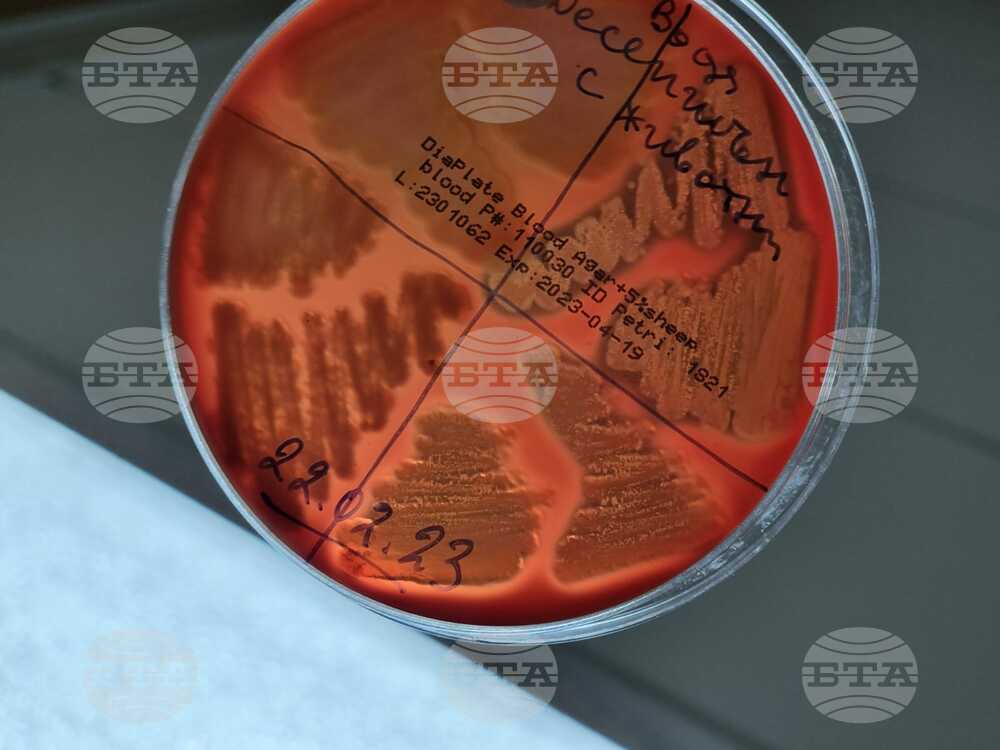
Antarctic Marine Ecosystem Easily Susceptible to Negative Changes By Human Activity
09.03.2023
The Antarctic marine ecosystem is easily susceptible to negative changes caused by human activity. The growing human presence in Antarctica poses a risk of introduction of invasive organisms and human pathogenic bacteria, said the head of National Reference Laboratory for diseases on fishes, marine molluscs and crustaceans (NRL) to the National Diagnostic Research Veterinary-Medical Institute within the Bulgarian Agency for Food Safety and a participant in the 31st Bulgarian Antarctic expedition microbiologist Assoc. Prof. Petya Orozova. Her project aims to study the species diversity of Antarctic fish and bacterial communities in the waters near the coast of the Bulgarian polar base "St. Kliment Ohridski" on Livingstone Island.
BTA Photo: Konstantin Karagyozov
news.anonymous.signup
news.anonymous.login
The Antarctic marine ecosystem is easily susceptible to negative changes caused by human activity. The growing human presence in Antarctica poses a risk of introduction of invasive organisms and human pathogenic bacteria, said the head of National Reference Laboratory for diseases on fishes, marine molluscs and crustaceans (NRL) to the National Diagnostic Research Veterinary-Medical Institute within the Bulgarian Agency for Food Safety and a participant in the 31st Bulgarian Antarctic expedition microbiologist Assoc. Prof. Petya Orozova. Her project aims to study the species diversity of Antarctic fish and bacterial communities in the waters near the coast of the Bulgarian polar base "St. Kliment Ohridski" on Livingstone Island.
BTA Photo: Konstantin Karagyozov
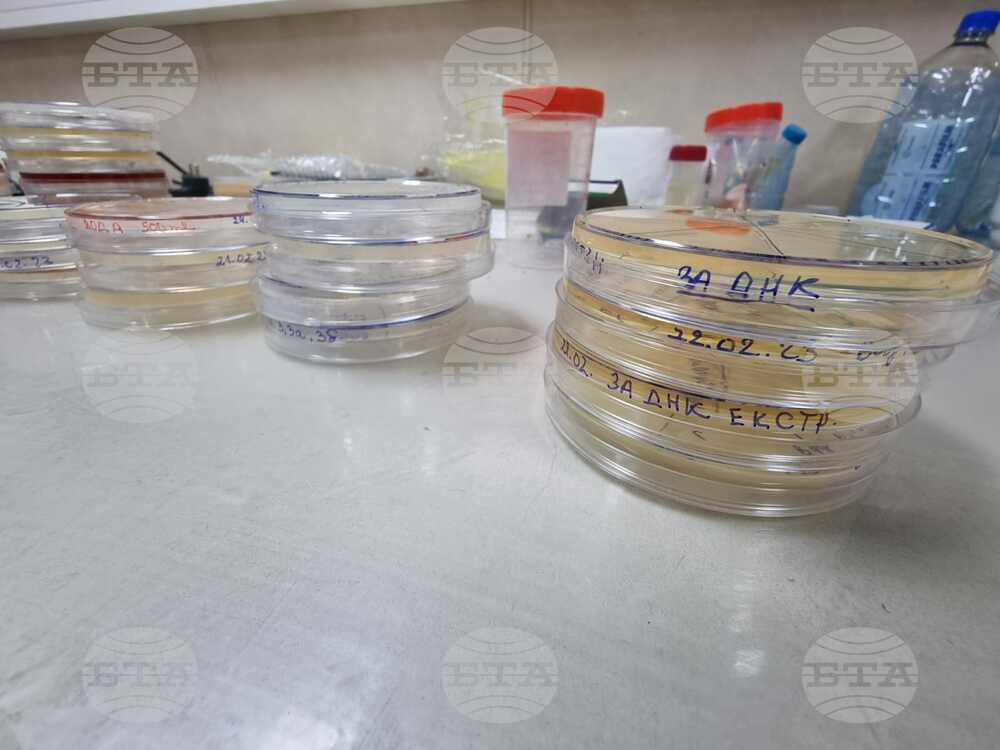
Antarctic Marine Ecosystem Easily Susceptible to Negative Changes By Human Activity
09.03.2023
The Antarctic marine ecosystem is easily susceptible to negative changes caused by human activity. The growing human presence in Antarctica poses a risk of introduction of invasive organisms and human pathogenic bacteria, said the head of National Reference Laboratory for diseases on fishes, marine molluscs and crustaceans (NRL) to the National Diagnostic Research Veterinary-Medical Institute within the Bulgarian Agency for Food Safety and a participant in the 31st Bulgarian Antarctic expedition microbiologist Assoc. Prof. Petya Orozova. Her project aims to study the species diversity of Antarctic fish and bacterial communities in the waters near the coast of the Bulgarian polar base "St. Kliment Ohridski" on Livingstone Island.
BTA Photo: Konstantin Karagyozov
news.anonymous.signup
news.anonymous.login
The Antarctic marine ecosystem is easily susceptible to negative changes caused by human activity. The growing human presence in Antarctica poses a risk of introduction of invasive organisms and human pathogenic bacteria, said the head of National Reference Laboratory for diseases on fishes, marine molluscs and crustaceans (NRL) to the National Diagnostic Research Veterinary-Medical Institute within the Bulgarian Agency for Food Safety and a participant in the 31st Bulgarian Antarctic expedition microbiologist Assoc. Prof. Petya Orozova. Her project aims to study the species diversity of Antarctic fish and bacterial communities in the waters near the coast of the Bulgarian polar base "St. Kliment Ohridski" on Livingstone Island.
BTA Photo: Konstantin Karagyozov
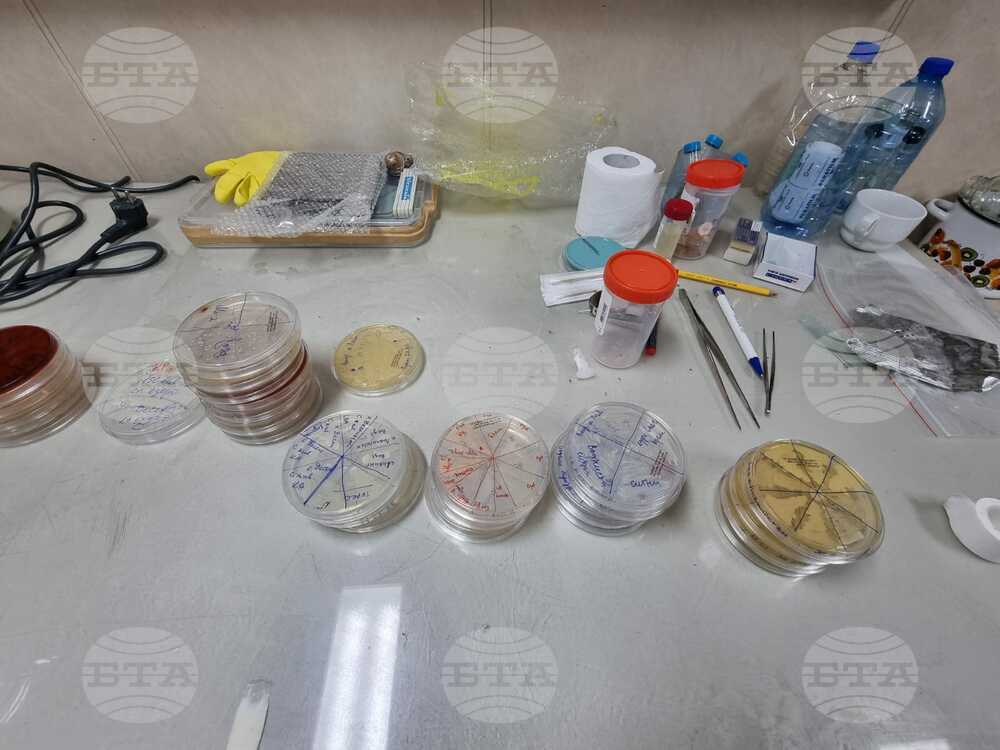
Antarctic Marine Ecosystem Easily Susceptible to Negative Changes By Human Activity
09.03.2023
The Antarctic marine ecosystem is easily susceptible to negative changes caused by human activity. The growing human presence in Antarctica poses a risk of introduction of invasive organisms and human pathogenic bacteria, said the head of National Reference Laboratory for diseases on fishes, marine molluscs and crustaceans (NRL) to the National Diagnostic Research Veterinary-Medical Institute within the Bulgarian Agency for Food Safety and a participant in the 31st Bulgarian Antarctic expedition microbiologist Assoc. Prof. Petya Orozova. Her project aims to study the species diversity of Antarctic fish and bacterial communities in the waters near the coast of the Bulgarian polar base "St. Kliment Ohridski" on Livingstone Island.
BTA Photo: Konstantin Karagyozov
news.anonymous.signup
news.anonymous.login
The Antarctic marine ecosystem is easily susceptible to negative changes caused by human activity. The growing human presence in Antarctica poses a risk of introduction of invasive organisms and human pathogenic bacteria, said the head of National Reference Laboratory for diseases on fishes, marine molluscs and crustaceans (NRL) to the National Diagnostic Research Veterinary-Medical Institute within the Bulgarian Agency for Food Safety and a participant in the 31st Bulgarian Antarctic expedition microbiologist Assoc. Prof. Petya Orozova. Her project aims to study the species diversity of Antarctic fish and bacterial communities in the waters near the coast of the Bulgarian polar base "St. Kliment Ohridski" on Livingstone Island.
BTA Photo: Konstantin Karagyozov
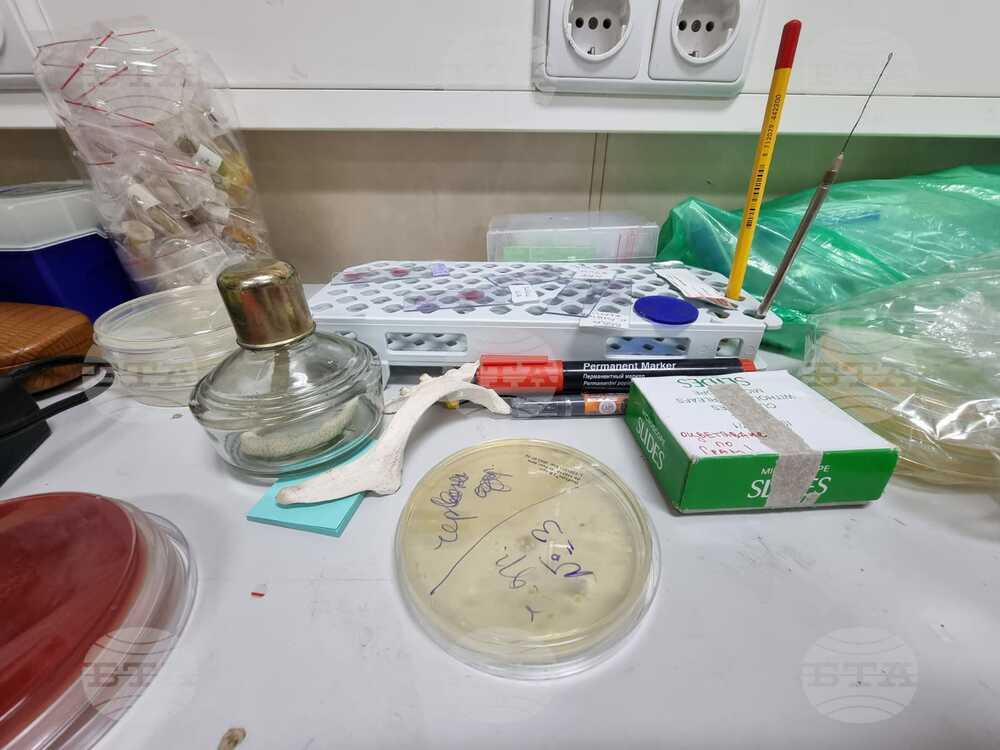
Antarctic Marine Ecosystem Easily Susceptible to Negative Changes By Human Activity
09.03.2023
The Antarctic marine ecosystem is easily susceptible to negative changes caused by human activity. The growing human presence in Antarctica poses a risk of introduction of invasive organisms and human pathogenic bacteria, said the head of National Reference Laboratory for diseases on fishes, marine molluscs and crustaceans (NRL) to the National Diagnostic Research Veterinary-Medical Institute within the Bulgarian Agency for Food Safety and a participant in the 31st Bulgarian Antarctic expedition microbiologist Assoc. Prof. Petya Orozova. Her project aims to study the species diversity of Antarctic fish and bacterial communities in the waters near the coast of the Bulgarian polar base "St. Kliment Ohridski" on Livingstone Island.
BTA Photo: Konstantin Karagyozov
news.anonymous.signup
news.anonymous.login
The Antarctic marine ecosystem is easily susceptible to negative changes caused by human activity. The growing human presence in Antarctica poses a risk of introduction of invasive organisms and human pathogenic bacteria, said the head of National Reference Laboratory for diseases on fishes, marine molluscs and crustaceans (NRL) to the National Diagnostic Research Veterinary-Medical Institute within the Bulgarian Agency for Food Safety and a participant in the 31st Bulgarian Antarctic expedition microbiologist Assoc. Prof. Petya Orozova. Her project aims to study the species diversity of Antarctic fish and bacterial communities in the waters near the coast of the Bulgarian polar base "St. Kliment Ohridski" on Livingstone Island.
BTA Photo: Konstantin Karagyozov
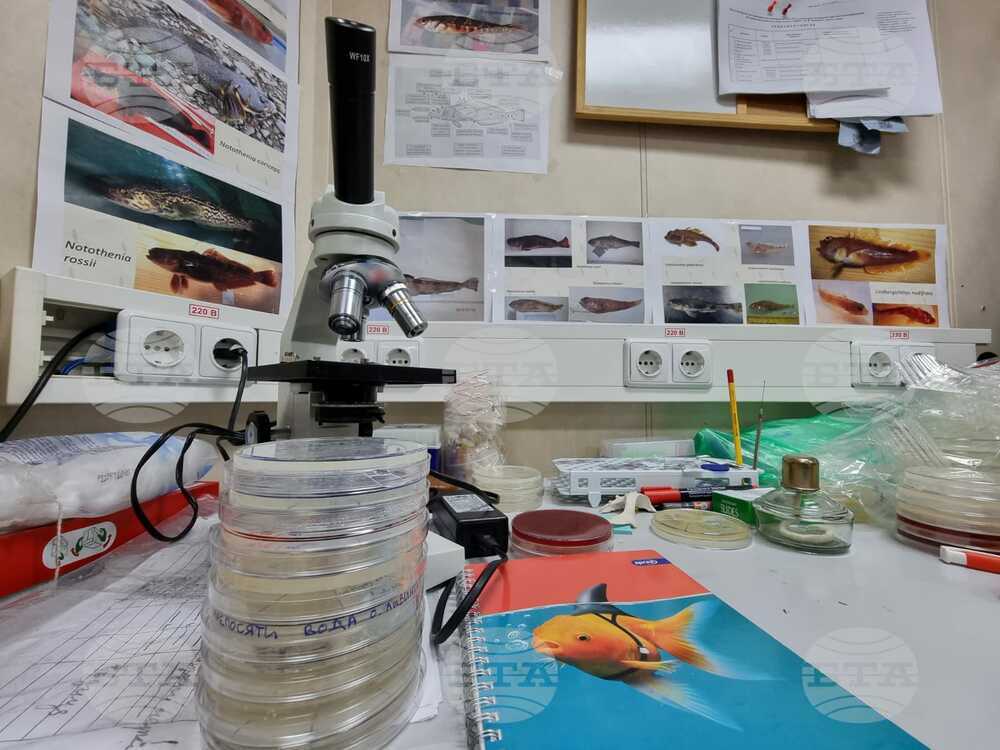
Antarctic Marine Ecosystem Easily Susceptible to Negative Changes By Human Activity
09.03.2023
The Antarctic marine ecosystem is easily susceptible to negative changes caused by human activity. The growing human presence in Antarctica poses a risk of introduction of invasive organisms and human pathogenic bacteria, said the head of National Reference Laboratory for diseases on fishes, marine molluscs and crustaceans (NRL) to the National Diagnostic Research Veterinary-Medical Institute within the Bulgarian Agency for Food Safety and a participant in the 31st Bulgarian Antarctic expedition microbiologist Assoc. Prof. Petya Orozova. Her project aims to study the species diversity of Antarctic fish and bacterial communities in the waters near the coast of the Bulgarian polar base "St. Kliment Ohridski" on Livingstone Island.
BTA Photo: Konstantin Karagyozov
news.anonymous.signup
news.anonymous.login
The Antarctic marine ecosystem is easily susceptible to negative changes caused by human activity. The growing human presence in Antarctica poses a risk of introduction of invasive organisms and human pathogenic bacteria, said the head of National Reference Laboratory for diseases on fishes, marine molluscs and crustaceans (NRL) to the National Diagnostic Research Veterinary-Medical Institute within the Bulgarian Agency for Food Safety and a participant in the 31st Bulgarian Antarctic expedition microbiologist Assoc. Prof. Petya Orozova. Her project aims to study the species diversity of Antarctic fish and bacterial communities in the waters near the coast of the Bulgarian polar base "St. Kliment Ohridski" on Livingstone Island.
BTA Photo: Konstantin Karagyozov
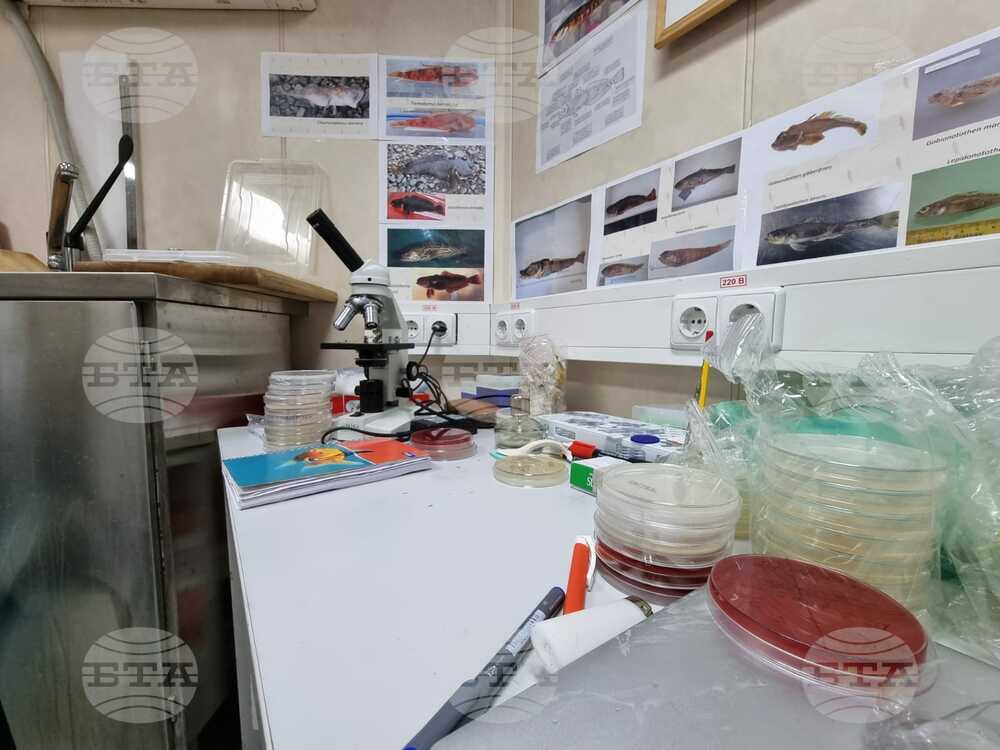
Antarctic Marine Ecosystem Easily Susceptible to Negative Changes By Human Activity
09.03.2023
The Antarctic marine ecosystem is easily susceptible to negative changes caused by human activity. The growing human presence in Antarctica poses a risk of introduction of invasive organisms and human pathogenic bacteria, said the head of National Reference Laboratory for diseases on fishes, marine molluscs and crustaceans (NRL) to the National Diagnostic Research Veterinary-Medical Institute within the Bulgarian Agency for Food Safety and a participant in the 31st Bulgarian Antarctic expedition microbiologist Assoc. Prof. Petya Orozova. Her project aims to study the species diversity of Antarctic fish and bacterial communities in the waters near the coast of the Bulgarian polar base "St. Kliment Ohridski" on Livingstone Island.
BTA Photo: Konstantin Karagyozov
news.anonymous.signup
news.anonymous.login
The Antarctic marine ecosystem is easily susceptible to negative changes caused by human activity. The growing human presence in Antarctica poses a risk of introduction of invasive organisms and human pathogenic bacteria, said the head of National Reference Laboratory for diseases on fishes, marine molluscs and crustaceans (NRL) to the National Diagnostic Research Veterinary-Medical Institute within the Bulgarian Agency for Food Safety and a participant in the 31st Bulgarian Antarctic expedition microbiologist Assoc. Prof. Petya Orozova. Her project aims to study the species diversity of Antarctic fish and bacterial communities in the waters near the coast of the Bulgarian polar base "St. Kliment Ohridski" on Livingstone Island.
BTA Photo: Konstantin Karagyozov
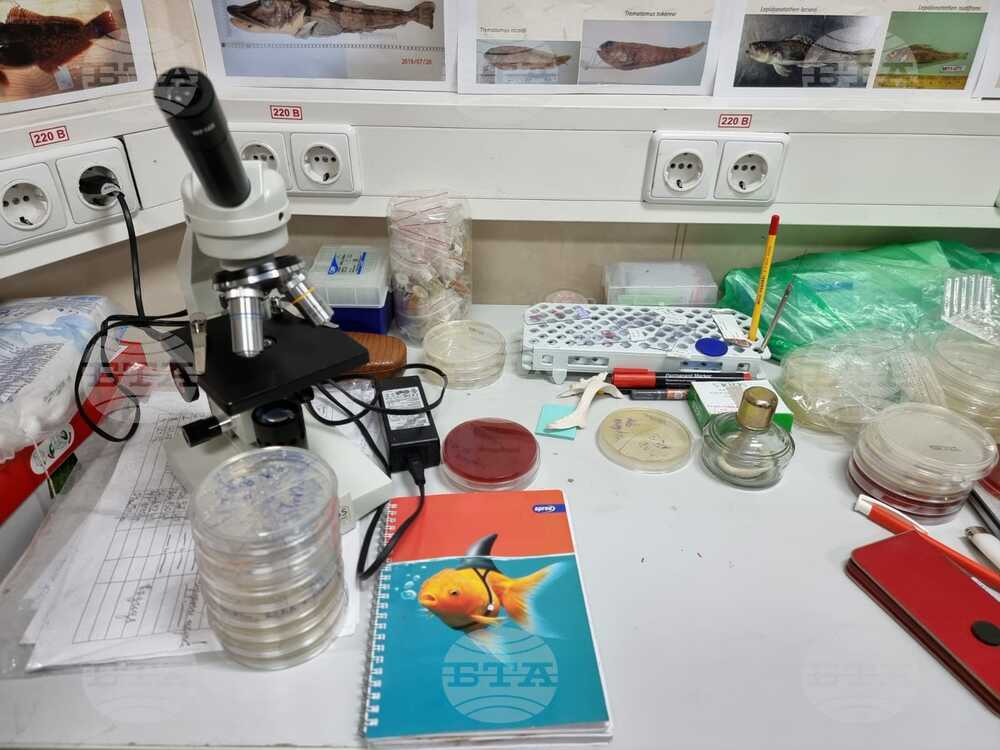
Antarctic Marine Ecosystem Easily Susceptible to Negative Changes By Human Activity
09.03.2023
The Antarctic marine ecosystem is easily susceptible to negative changes caused by human activity. The growing human presence in Antarctica poses a risk of introduction of invasive organisms and human pathogenic bacteria, said the head of National Reference Laboratory for diseases on fishes, marine molluscs and crustaceans (NRL) to the National Diagnostic Research Veterinary-Medical Institute within the Bulgarian Agency for Food Safety and a participant in the 31st Bulgarian Antarctic expedition microbiologist Assoc. Prof. Petya Orozova. Her project aims to study the species diversity of Antarctic fish and bacterial communities in the waters near the coast of the Bulgarian polar base "St. Kliment Ohridski" on Livingstone Island.
BTA Photo: Konstantin Karagyozov
news.anonymous.signup
news.anonymous.login
The Antarctic marine ecosystem is easily susceptible to negative changes caused by human activity. The growing human presence in Antarctica poses a risk of introduction of invasive organisms and human pathogenic bacteria, said the head of National Reference Laboratory for diseases on fishes, marine molluscs and crustaceans (NRL) to the National Diagnostic Research Veterinary-Medical Institute within the Bulgarian Agency for Food Safety and a participant in the 31st Bulgarian Antarctic expedition microbiologist Assoc. Prof. Petya Orozova. Her project aims to study the species diversity of Antarctic fish and bacterial communities in the waters near the coast of the Bulgarian polar base "St. Kliment Ohridski" on Livingstone Island.
BTA Photo: Konstantin Karagyozov
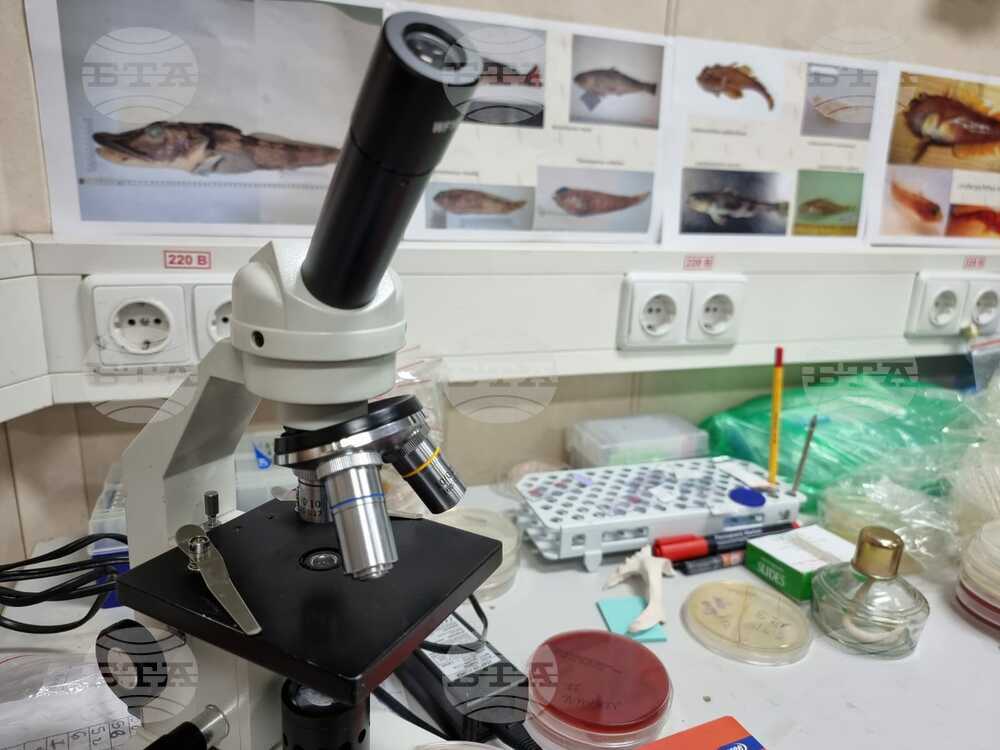
Antarctic Marine Ecosystem Easily Susceptible to Negative Changes By Human Activity
09.03.2023
The Antarctic marine ecosystem is easily susceptible to negative changes caused by human activity. The growing human presence in Antarctica poses a risk of introduction of invasive organisms and human pathogenic bacteria, said the head of National Reference Laboratory for diseases on fishes, marine molluscs and crustaceans (NRL) to the National Diagnostic Research Veterinary-Medical Institute within the Bulgarian Agency for Food Safety and a participant in the 31st Bulgarian Antarctic expedition microbiologist Assoc. Prof. Petya Orozova. Her project aims to study the species diversity of Antarctic fish and bacterial communities in the waters near the coast of the Bulgarian polar base "St. Kliment Ohridski" on Livingstone Island.
BTA Photo: Konstantin Karagyozov
news.anonymous.signup
news.anonymous.login
The Antarctic marine ecosystem is easily susceptible to negative changes caused by human activity. The growing human presence in Antarctica poses a risk of introduction of invasive organisms and human pathogenic bacteria, said the head of National Reference Laboratory for diseases on fishes, marine molluscs and crustaceans (NRL) to the National Diagnostic Research Veterinary-Medical Institute within the Bulgarian Agency for Food Safety and a participant in the 31st Bulgarian Antarctic expedition microbiologist Assoc. Prof. Petya Orozova. Her project aims to study the species diversity of Antarctic fish and bacterial communities in the waters near the coast of the Bulgarian polar base "St. Kliment Ohridski" on Livingstone Island.
BTA Photo: Konstantin Karagyozov
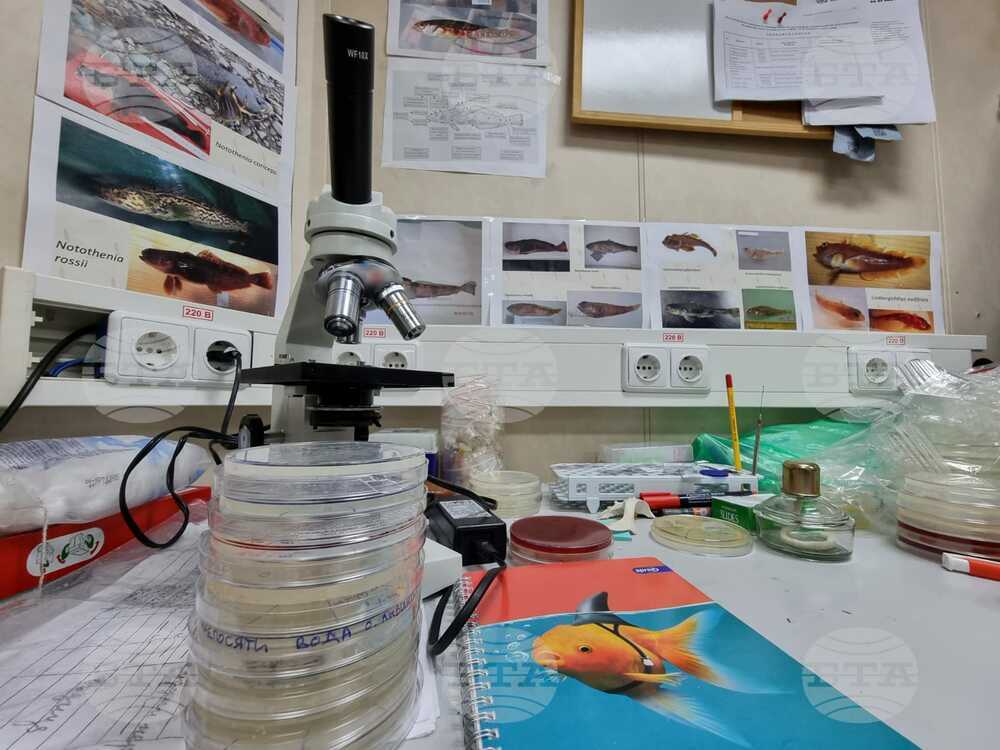
Antarctic Marine Ecosystem Easily Susceptible to Negative Changes By Human Activity
09.03.2023
The Antarctic marine ecosystem is easily susceptible to negative changes caused by human activity. The growing human presence in Antarctica poses a risk of introduction of invasive organisms and human pathogenic bacteria, said the head of National Reference Laboratory for diseases on fishes, marine molluscs and crustaceans (NRL) to the National Diagnostic Research Veterinary-Medical Institute within the Bulgarian Agency for Food Safety and a participant in the 31st Bulgarian Antarctic expedition microbiologist Assoc. Prof. Petya Orozova. Her project aims to study the species diversity of Antarctic fish and bacterial communities in the waters near the coast of the Bulgarian polar base "St. Kliment Ohridski" on Livingstone Island.
BTA Photo: Konstantin Karagyozov
news.anonymous.signup
news.anonymous.login
The Antarctic marine ecosystem is easily susceptible to negative changes caused by human activity. The growing human presence in Antarctica poses a risk of introduction of invasive organisms and human pathogenic bacteria, said the head of National Reference Laboratory for diseases on fishes, marine molluscs and crustaceans (NRL) to the National Diagnostic Research Veterinary-Medical Institute within the Bulgarian Agency for Food Safety and a participant in the 31st Bulgarian Antarctic expedition microbiologist Assoc. Prof. Petya Orozova. Her project aims to study the species diversity of Antarctic fish and bacterial communities in the waters near the coast of the Bulgarian polar base "St. Kliment Ohridski" on Livingstone Island.
BTA Photo: Konstantin Karagyozov
Buy a photo
Please confirm photo buy. If you continue this purchase will be deducted from your active subscription.
Photo Download
Please confirm photo download









